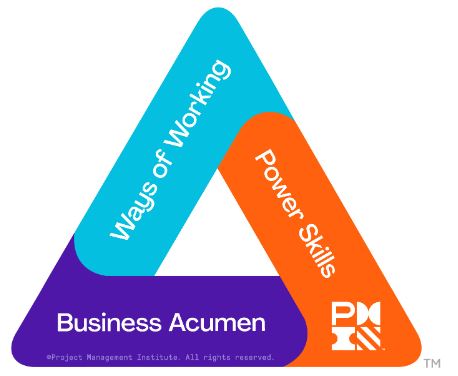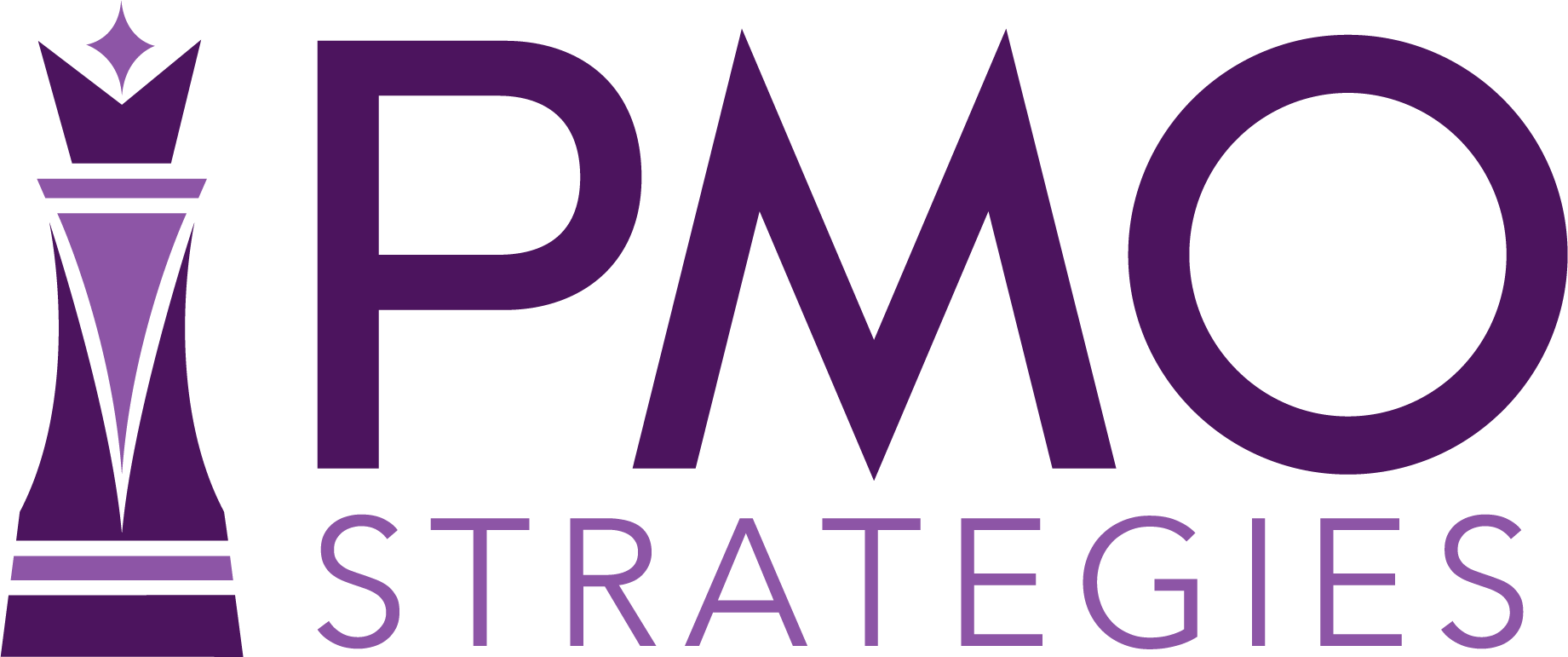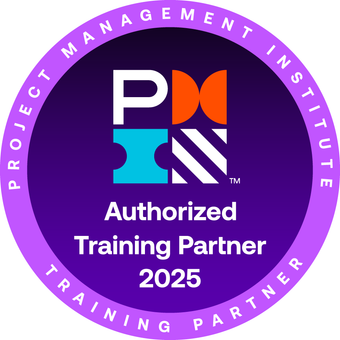Welcome to the PMO Strategies Podcast + Blog, where PMO leaders become IMPACT Drivers!

PMI Talent Triangle: Ways of Working
Introduction
AI is not a future concept—it's happening now. With machine learning and automation accelerating, many industries are experiencing fundamental shifts. But what does this mean for project managers and PMO leaders? In this episode, Scott Ambler and I discuss how AI is transforming project management and what leaders must do to adapt.
AI's Impact on White-Collar Jobs
AI technologies like ChatGPT and DALL-E are reshaping job roles. While they enhance efficiency, they also disrupt industries. As Scott Ambler points out, technical writers and graphic artists have already seen a 20-30% decrease in employment due to AI-driven automation. White-collar professionals, including project managers, must understand how to leverage AI rather than fear it.
AI in Strategy Delivery: What PMO Leaders Need to Know
Organizations across industries are integrating AI into their operations. AI is being embedded into portfolio management tools, decision-making frameworks, and automation processes. PMO leaders must ask:
- How is AI already present in our organization?
- What business processes will AI enhance or disrupt?
- How can we leverage AI to improve project efficiency and effectiveness?
The Ethical and Data Challenges of AI Adoption
Implementing AI is not just about efficiency—it introduces ethical concerns and data challenges. Ambler highlights key issues organizations face:
- Data quality matters. AI is only as good as the data it's trained on, and most organizations have significant technical debt in their data systems.
- Bias and governance. AI models reflect organizational biases. Companies must define their ethical values to ensure fair and responsible AI use.
- Project governance gaps. There is little discussion in AI education on how to manage AI projects. Unlike traditional projects, AI initiatives require ongoing governance and iteration.
AI as an Enabler, Not a Replacement
Ambler emphasizes that AI should augment human work rather than replace it. PMO leaders should focus on:
- Upskilling teams. AI literacy is becoming a core skill for project managers.
- Using AI to enhance decision-making. AI can process data quickly, but human oversight ensures alignment with business goals.
- Developing a framework for AI governance. Organizations must define processes for monitoring and updating AI models.
Steps to Lead AI-Driven Projects Successfully
- Assess Organizational Readiness: Identify existing AI capabilities and potential areas of disruption.
- Develop an AI Strategy: Align AI adoption with business objectives and strategic goals.
- Improve Data Governance: Address data quality issues before deploying AI-driven solutions.
- Pilot AI Initiatives: Start with small AI applications, measure results, and iterate.
- Build AI Expertise in Project Teams: Provide AI training and support for project managers and stakeholders.
- Measure Business Impact: Ensure AI initiatives contribute to measurable business value rather than just efficiency gains.
Conclusion: The Future of AI in Project Management
AI is not just a technology trend—it's a fundamental shift that will redefine how organizations execute strategies. PMO leaders must take an active role in shaping how AI is adopted and integrated. The future belongs to those who embrace AI as an enabler, focusing on strategy, governance, and ethical implementation.
👉 Click play above to uncover your AI advantage.
 Connect with Scott Ambler
Connect with Scott Ambler
 Hey there, IMPACT Driver!
Hey there, IMPACT Driver!
Thanks for taking the time to check out our podcast and blog.
I welcome your feedback and insights!
I’d love to know what you think and if you love it, please leave a rating and review in your favorite podcast player.
You can also complete this survey to tell us more about you and get my advice on how to take your next steps toward high-IMPACT!
Warmly,
Laura Barnard









